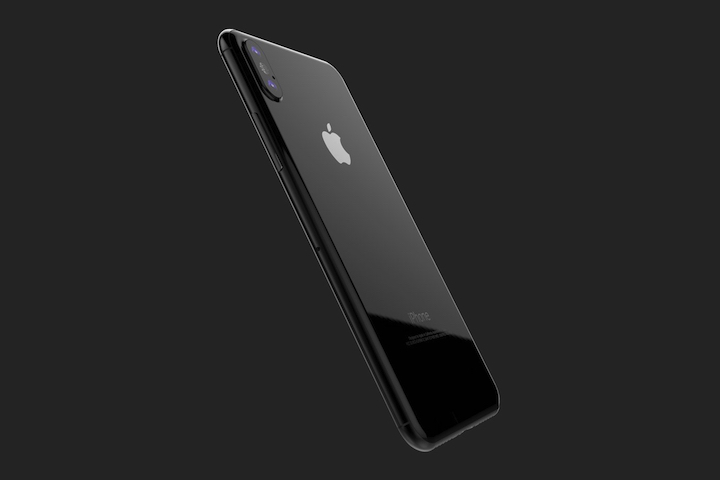
Let us explain further.
In a recent tweet, the dictionary announced the addition of “sheeple” to its word bank, an informal word defined as “people who are docile, compliant, or easily influenced” and thereby “likened to sheep.” Now, as dictionaries are wont to do, Merriam-Webster provided some context for the word, placing it in a sentence.
The first one is innocuous enough, reading, “James Nichols, who ran the family farm here, stamped dollar bills with red ink in protest against currency and told his neighbors that they were “sheeple” for obeying authority like livestock.”
But then, Merriam-Webster takes its gloves off and sharpens its claws (or at least, selects a user-submitted sentence that is quite vicious). “Apple’s debuted a battery case for the juice-sucking iPhone — an ungainly lumpy case the sheeple will happily shell out $99 for,” a portion of the definition reads. And if you’re interested, this example was submitted by one Doug Criss.
According to Merriam-Webster, which has been cataloging the English language since 1843, the first use of the word “sheeple” took place in 1945. That was a solid decade before Steve Jobs was even born, and certainly well before any Apple products came about (and elicited great fandom from sheeple everywhere).
So beware, Apple fanatics. You may find yourself the butt of a dictionary joke, but hey, you’ve got your fancy tech products to make you feel better.

